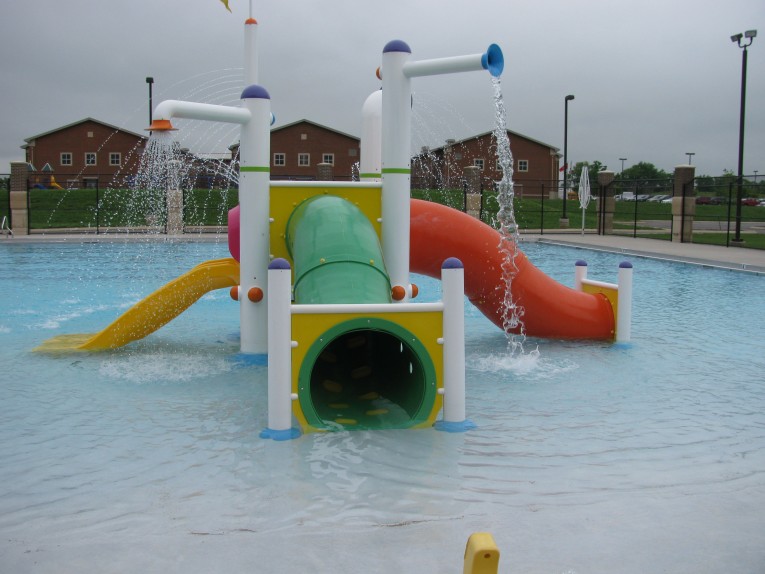A nasty pool parasite has led federal health officials to warn pool goers to be careful in the water this summer.
Outbreaks related to pools, hot tubs and other recreational uses of water can be dangerous, and according to a new report released by the U.S. Centers for Disease Control and Prevention found that 90 outbreaks between 2011 to 2012 resulted in 1,788 illnesses, 95 hospitalizations and one death.
To stay safe, swimmers should check on the latest pool inspection posted through their local health department.
When swimming in lakes, rivers, or pools, and when using hot tubs, avoid swallowing water. Many outbreaks of Crypto have been traced to swallowing contaminated water while swimming. Crypto is extremely chlorine tolerant so it can live in chlorinated swimming pools and water parks for days. Crypto also can remain alive in salt water for several days, so swimming in polluted ocean water may also be unsafe.
Cryptosporidium continues to be the dominant etiology of recreational water–associated outbreaks. Half of all treated recreational water–associated outbreaks reported for 2011–2012 were caused by Cryptosporidium.
What is Cryptosporidium?
Cryptosporidium is a microscopic parasite that causes the diarrheal disease cryptosporidiosis. Both the parasite and the disease are commonly known as “Crypto.”
While this parasite can be spread in several different ways, water (drinking water and recreational water) is the most common way to spread the parasite. Cryptosporidium is a leading cause of waterborne disease among humans in the United States.
POOL SAFETY SUMMER SAFETY TIPS


















